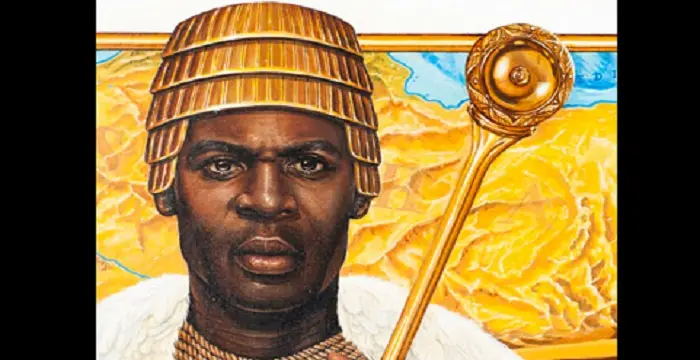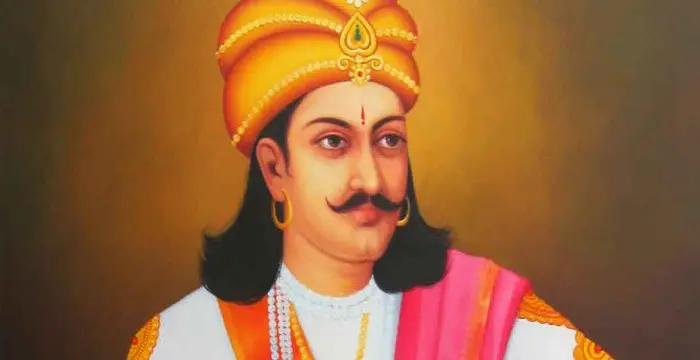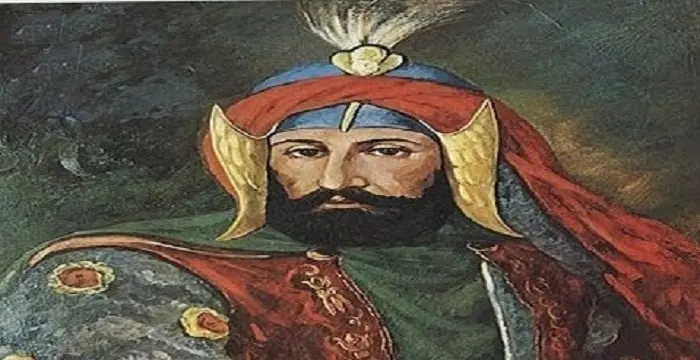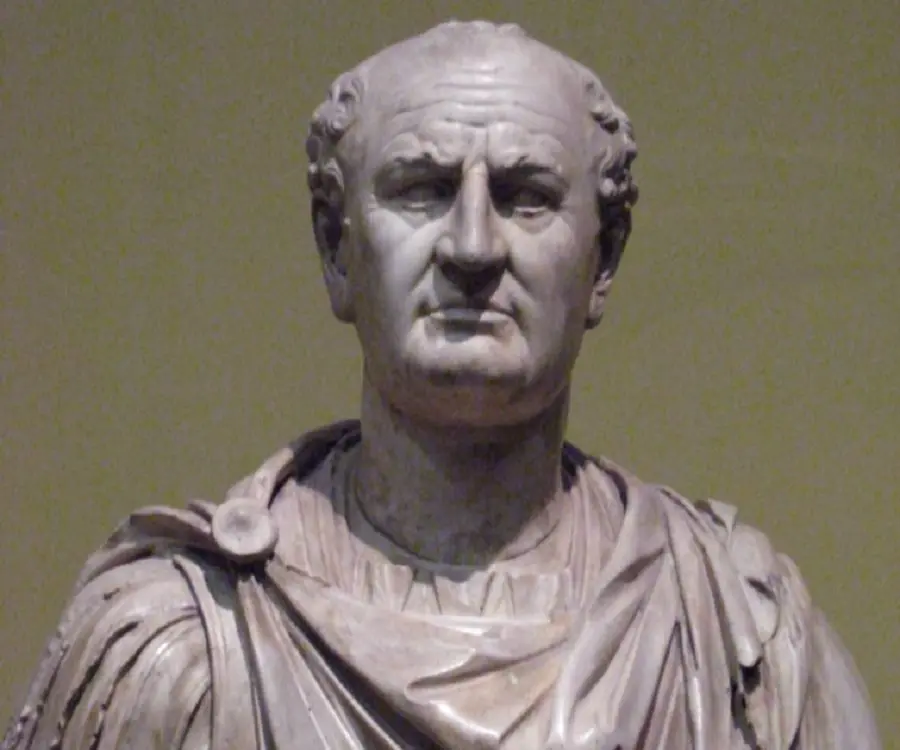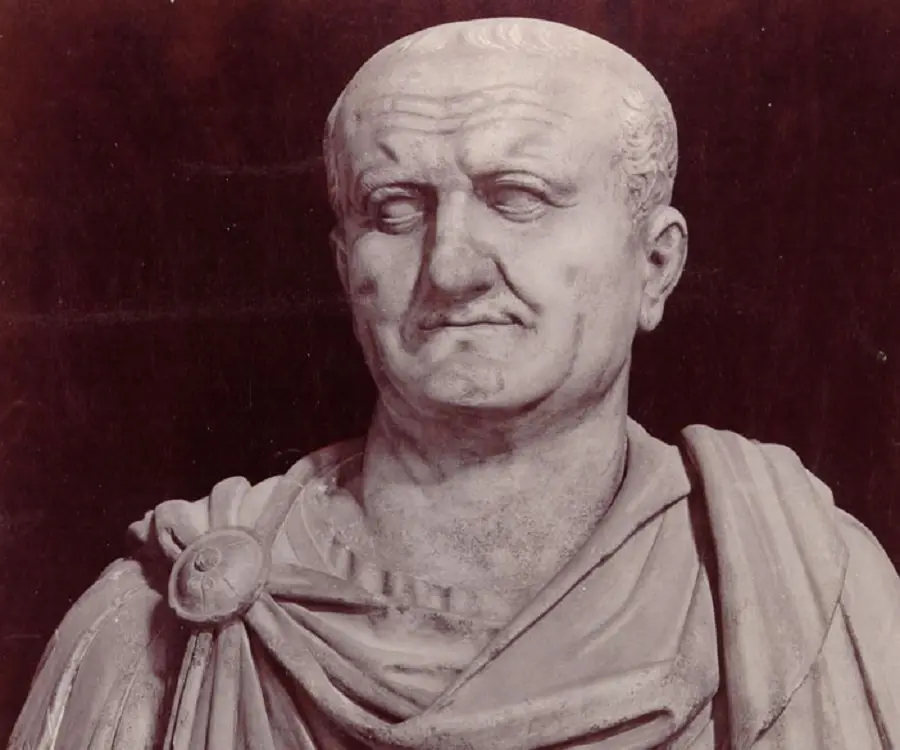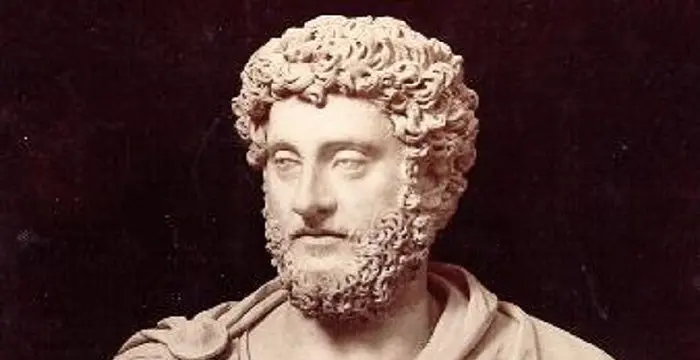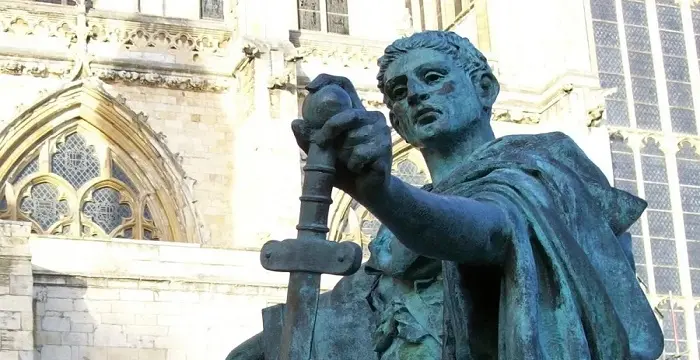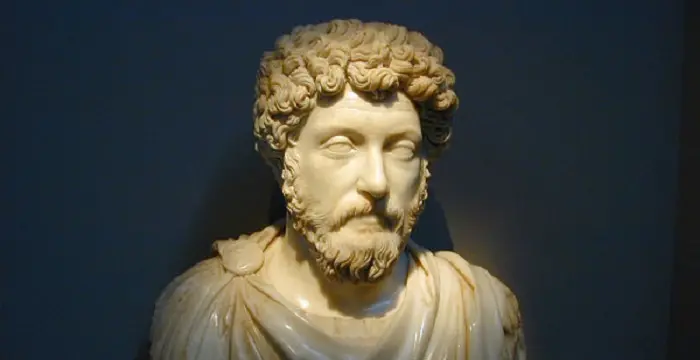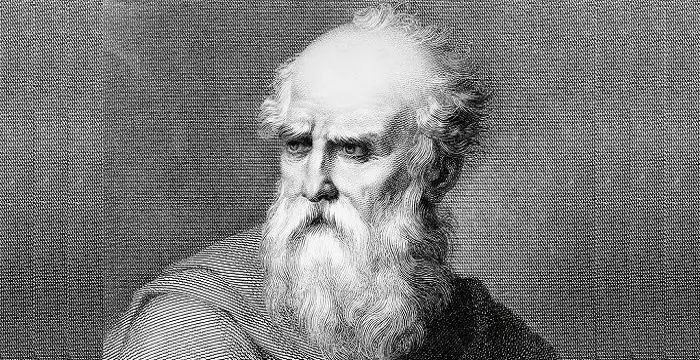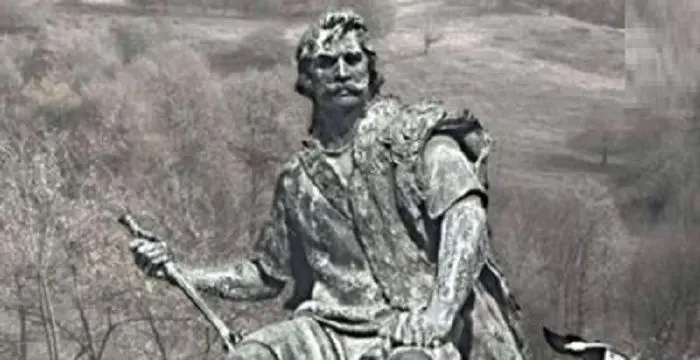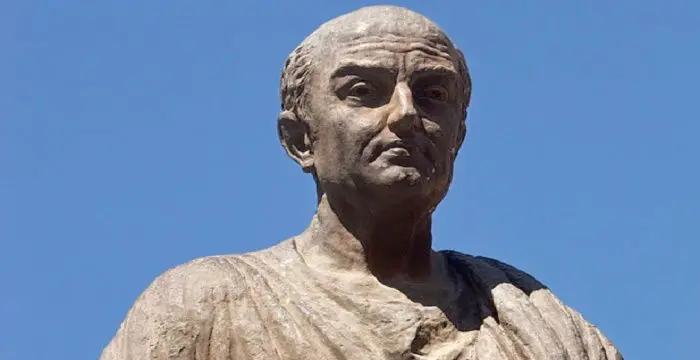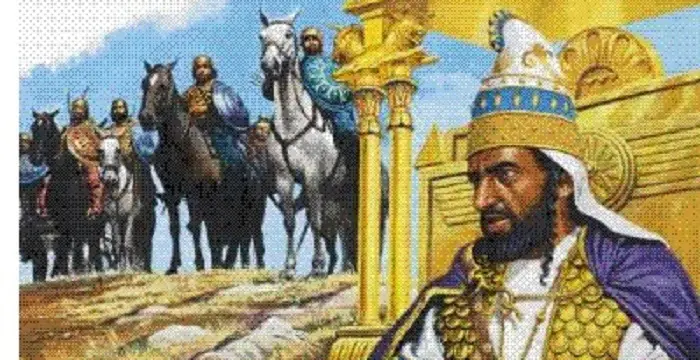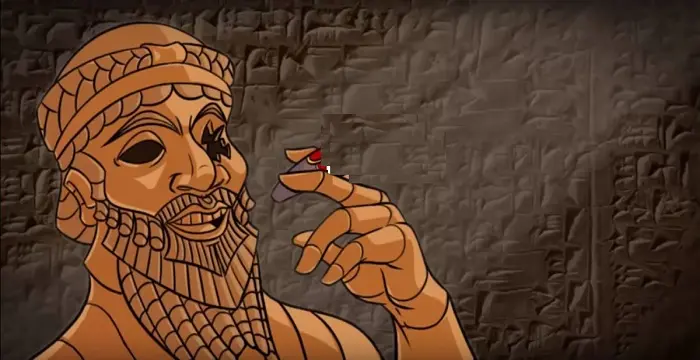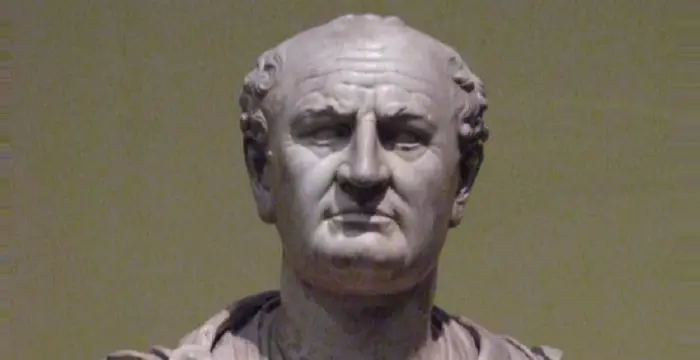
Vespasian - Kings, Birthday and Childhood
Vespasian's Personal Details
Vespasian was the ninth emperor of Rome who founded the Flavian dynasty of emperors
| Information | Detail |
|---|---|
| Birthday | November 17, 2009 |
| Died on | June 23, 1979 |
| Nationality | Ancient Roman |
| Famous | Historical Personalities, Emperors & Kings, Ancient Roman Men, Emperors, Kings, Roman Emperor |
| Spouses | Caenis, Domitilla the Elder |
| Siblings | Titus Flavius Sabinus |
| Known as | Titus Flavius Vespasianus |
| Childrens | Domitian, Titus |
| Birth Place | Falacrine |
| Gender | Male |
| Father | Titus Flavius Sabinus |
| Mother | Vespasia Polla |
| Sun Sign | Scorpio |
| Born in | Falacrine |
| Famous as | Roman Emperor |
| Died at Age | 69 |
// Famous Emperors
Sundiata Keita
Sundiata Keita was the founder of the Mali Empire in West Africa. This biography profiles his childhood, early life, struggles, founding of empire, rule, administration, achievements and also gives some fun facts.
Ashoka
Ashoka was the third emperor of the Mauryan Dynasty and ruled almost the entire Indian subcontinent. This biography profiles his childhood, life, reign, achievements and timeline
Murad IV
Murad IV was one of the mighty Sultans in the history of the Ottoman Empire. This biography profiles his childhood, family, accession, rule, administration and timeline.
Vespasian's photo
Who is Vespasian?
Vespasian was the ninth emperor of Rome who founded the Flavian dynasty. Born in Rome to a relatively undistinguished family, Titus Flavius Caesar Vespasianus Augustus was the youngest son of his parents, most of whose early life was eclipsed by his elder brother’s achievements. Later, he served in the military for several years and subsequently became the legate of the second legion in the invasion of Britain in 43 AD. Upon achieving several other military successes, he rose in the senate to become consul and was appointed the proconsul of Africa, a decade later. Subsequently, Emperor Nero put him in charge of the subjugation of Judaea during the Jewish Revolt but when Nero committed suicide, Vespasian prepared his own bid for power. In the ‘Year of the Four Emperors’ during which the two emperors namely Galba and Otho perished in quick succession, the legions of Egypt, Judaea, and Syria voted for Vespasian, opposing Vitellius’ succession to the throne. After a major bloody battle between both the forces, Vespasian conquered Rome and Egypt and was declared Emperor by the Roman senate. During his ten-year reign, Vespasian worked towards restoring Rome's finances ruined during the civil war and reinstating discipline in the army after the civil wars. Upon his death, Vespasian became the first Roman Emperor to be directly succeeded by his own natural son, thus establishing the Flavian dynasty
// Famous Roman Emperor
Commodus
Commodus (Lucius Aurelius Commodus) was a Roman emperor during the early years of the first millennium. This biography provides detailed information about his childhood, family, rule, life history, achievements, death etc.
Constantine the Great
Constantine the Great was a Roman Emperor of Illyrian ancestry who ruled from 306 to 337 AD. This biography of Constantine the Great provides detailed information about his childhood, life, achievements, works & timeline
Marcus Aurelius
Marcus Aurelius was one of the most cherished Roman emperors in history. Go through this article to learn more about his profile, childhood, life and timeline.
Childhood & Early Life
Vespasian, whose full name was Titus Flavius Caesar Vespasianus Augustus, was born on November 17, 9 AD, in Falacrina, Italy, to Titus Flavius Sabinus, a tax collector, and his wife, Vespasia Polla.
He was the youngest member of the family with an elder brother, Titus Flavius Sabinus. Most of Vespasian’s early life was overshadowed by Sabinus who served in the army and was also the prefect of Rome for many years under Nero.
Although Vespasian initially hesitated to work for high public office, eventually, he decided to follow in his brother’s footsteps. He served in the military in Thrace for about three years and went on to achieve the praetorship in 39 AD.
Accession & Reign
In 41 AD, when Claudius ascended the throne, Vespasian was appointed legate of Legio II Augusta.
In 43 AD, Vespasian participated in the Roman invasion of Britain in 43 AD. He displayed great valour and distinguished himself with his bravery and military acumen. His military successes, earned him lots of honors and he was appointed consul of Britain.
After Claudius’s death in 54 AD, Vespasian was not in the good books of his wife, Agrippina and hence retired from public life for a while.
In 63 AD, Vespasian was appointed the proconsul in Africa. His stint in Africa was not very popular one and his extreme financial rigour earned him the wrath of the people.
In 67 AD, Nero appointed him to command the troops against the Jewish rebellion in Judaea. The following year, Vespasian conducted a couple of successful campaigns, conquering almost all parts of Judaea except Jerusalem.
In 68 AD, while the forces of Vespasian surrounded Jerusalem, Nero committed suicide and the war was abruptly stopped by Vespasian. Nero’s suicide plunged Rome into a year of civil war known as the ‘Year of the Four Emperors’.
The first of the four emperors was Galba who was eventually accepted by Vespasian but Galba was murdered in January 69 AD, leaving the throne empty again. Following his death, Otho came to the throne but he also perished in April 69 AD.
Thereafter, Vitellius emerged as the Emperor in April 69, to which the Roman legions of Roman Egypt and Judaea reacted by proclaiming Vespasian as their Emperor in July 69 AD. With strong military support from his allies, Vespasian fought the Vitellius army and eventually took control of Rome along with Egypt.
In December 69 AD, upon Vitellius’ defeat at the hands of Vespasian’s allies, Vespasian was officially declared the emperor by the Roman Senate. While living in Egypt, he was mostly concerned with raising money and therefore increased provincial taxation to generate revenues. In October 70 AD, he returned to Rome.
Although little information is known about Vespasian’s reign between 71 AD and 79 AD, it is quite evident that he devoted most of his time in restoring the infrastructure and economy of Rome which was damaged during the civil war. He reformed the financial system at Rome and initiated several massive building programs including the Flavian Amphitheatre, the present-day ‘Roman Colosseum’.
During his reign as the Roman emperor, Vespasian also paid a great deal of attention to military affairs. He made important changes in the East and replaced the single army in Syria with three armies, with a total of six legions, in Cappadocia, Syria, and Judaea.
Major Works
He worked towards restoring a war-torn Rome to its former glory by raising taxes and reclaiming public land in order to collect money. He used some of it on ambitious construction projects which included temples and early work on what is known today as the ‘Roman Colosseum’. Vespasian legitimized himself along with his dynasty by offering Rome a stable and peaceful future.
Personal Life & Legacy
He married Flavia Domitilla, the daughter of Flavius Liberalis from Ferentium. The couple had three children; two sons, Titus Flavius Vespasianus and Titus Flavius Domitianus, and a daughter named Domitilla. His wife and daughter died before Vespasian became Emperor in 69 AD.
Upon the demise of his wife, Vespasian became romantically involved with an earlier mistress, Antonia Caenis. She became his wife in all but formal status and they remained together until her death in 75 AD.
Vespasian died on June 23, 79 AD, at the age of 69. He was succeeded by his elder son, Titus.
// Famous Ancient Roman Men
Vitruvius
Vitruvius was a Roman architect, author, and military engineer during the 1st century BC. Check out this biography to know about his childhood, family life, achievements and fun facts about his life.
Flavius Odoacer
Flavius Odoacer was a soldier who went on to become the King of Italy. This biography profiles his childhood, family, life history, and timeline.
Lucius Annaeus Seneca
Lucius Annaeus Seneca, commonly known as Seneca, was a Roman philosopher and statesman. This biography profiles his childhood, life, career, works, achievements & timeline.
Vespasian biography timelines
- // 9th Nov 9Vespasian, whose full name was Titus Flavius Caesar Vespasianus Augustus, was born on November 17, 9 AD, in Falacrina, Italy, to Titus Flavius Sabinus, a tax collector, and his wife, Vespasia Polla.
- // 39Although Vespasian initially hesitated to work for high public office, eventually, he decided to follow in his brother’s footsteps. He served in the military in Thrace for about three years and went on to achieve the praetorship in 39 AD.
- // 41In 41 AD, when Claudius ascended the throne, Vespasian was appointed legate of Legio II Augusta.
- // 43In 43 AD, Vespasian participated in the Roman invasion of Britain in 43 AD. He displayed great valour and distinguished himself with his bravery and military acumen. His military successes, earned him lots of honors and he was appointed consul of Britain.
- // 54After Claudius’s death in 54 AD, Vespasian was not in the good books of his wife, Agrippina and hence retired from public life for a while.
- // 63In 63 AD, Vespasian was appointed the proconsul in Africa. His stint in Africa was not very popular one and his extreme financial rigour earned him the wrath of the people.
- // 67In 67 AD, Nero appointed him to command the troops against the Jewish rebellion in Judaea. The following year, Vespasian conducted a couple of successful campaigns, conquering almost all parts of Judaea except Jerusalem.
- // 68In 68 AD, while the forces of Vespasian surrounded Jerusalem, Nero committed suicide and the war was abruptly stopped by Vespasian. Nero’s suicide plunged Rome into a year of civil war known as the ‘Year of the Four Emperors’.
- // Jan 69The first of the four emperors was Galba who was eventually accepted by Vespasian but Galba was murdered in January 69 AD, leaving the throne empty again. Following his death, Otho came to the throne but he also perished in April 69 AD.
- // Apr 69Thereafter, Vitellius emerged as the Emperor in April 69, to which the Roman legions of Roman Egypt and Judaea reacted by proclaiming Vespasian as their Emperor in July 69 AD. With strong military support from his allies, Vespasian fought the Vitellius army and eventually took control of Rome along with Egypt.
- // Dec 69In December 69 AD, upon Vitellius’ defeat at the hands of Vespasian’s allies, Vespasian was officially declared the emperor by the Roman Senate. While living in Egypt, he was mostly concerned with raising money and therefore increased provincial taxation to generate revenues. In October 70 AD, he returned to Rome.
- // 71 To 79Although little information is known about Vespasian’s reign between 71 AD and 79 AD, it is quite evident that he devoted most of his time in restoring the infrastructure and economy of Rome which was damaged during the civil war. He reformed the financial system at Rome and initiated several massive building programs including the Flavian Amphitheatre, the present-day ‘Roman Colosseum’.
- // 75Upon the demise of his wife, Vespasian became romantically involved with an earlier mistress, Antonia Caenis. She became his wife in all but formal status and they remained together until her death in 75 AD.
- // 23rd Jun 79Vespasian died on June 23, 79 AD, at the age of 69. He was succeeded by his elder son, Titus.
// Famous Kings
Sundiata Keita
Sundiata Keita was the founder of the Mali Empire in West Africa. This biography profiles his childhood, early life, struggles, founding of empire, rule, administration, achievements and also gives some fun facts.
Ashoka
Ashoka was the third emperor of the Mauryan Dynasty and ruled almost the entire Indian subcontinent. This biography profiles his childhood, life, reign, achievements and timeline
Murad IV
Murad IV was one of the mighty Sultans in the history of the Ottoman Empire. This biography profiles his childhood, family, accession, rule, administration and timeline.
Xerxes I
Xerxes I (Xerxes the Great) was the fourth and the most famous king of the Archaemenid dynasty of Persia. This biography profiles his childhood, family, personal life, life history, achievements, campaigns, administration, death and other facts.
Sargon of Akkad
Sargon of Akkad, also called ‘Sargon the Great’, ‘Sarru-Kan’ and ‘Shar-Gani-Sharri’, was the founder and first king of the Akkadian Empire. This biography profiles his childhood, life, rule, administration, timeline, and gives some fun facts.
Abdullah of Saudi Arabia
Abdullah bin Abdulaziz Al Saud was the King of Saudi Arabia from 2005 to 2015 and the third wealthiest head of state in the world. Find more facts about his life, childhood and timeline.
Vespasian's FAQ
What is Vespasian birthday?
Vespasian was born at 2009-11-17
When was Vespasian died?
Vespasian was died at 1979-06-23
Where was Vespasian died?
Vespasian was died in Rieti
Which age was Vespasian died?
Vespasian was died at age 69
Where is Vespasian's birth place?
Vespasian was born in Falacrine
What is Vespasian nationalities?
Vespasian's nationalities is Ancient Roman
Who is Vespasian spouses?
Vespasian's spouses is Caenis, Domitilla the Elder
Who is Vespasian siblings?
Vespasian's siblings is Titus Flavius Sabinus
Who is Vespasian childrens?
Vespasian's childrens is Domitian, Titus
Who is Vespasian's father?
Vespasian's father is Titus Flavius Sabinus
Who is Vespasian's mother?
Vespasian's mother is Vespasia Polla
What is Vespasian's sun sign?
Vespasian is Scorpio
How famous is Vespasian?
Vespasian is famouse as Roman Emperor
